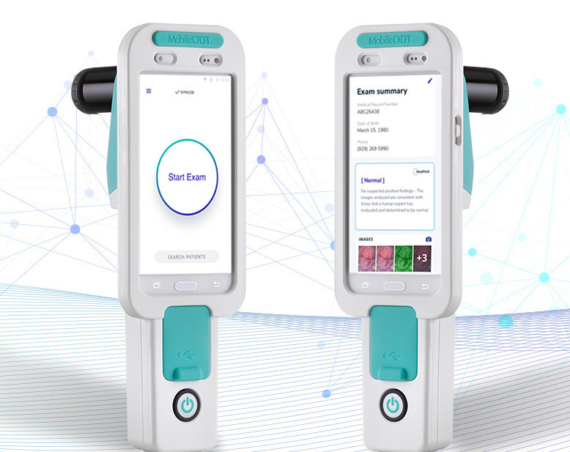
Recently, a PR agency’s pitch landed in my inbox, discussing the future of AI in adult entertainment. Initially, it seemed peripheral, if not irrelevant. But as I nearly dismissed it, a realization dawned on me: The adult entertainment industry has consistently been at the forefront of technological adoption and innovation. And considering my recent discussions on the overlap of innovations across industries, this presented an intriguing angle – exploring how the adult industry’s advancements could inform and intersect with healthcare.
A History of Technological Pioneering in Adult Entertainment
Historically significant, the adult entertainment industry has been a key player in popularizing groundbreaking technologies. During the 1980s, its preference for VHS significantly influenced the video format wars. This pioneering spirit extended to the digital age, with the industry being among the first to embrace online payments, live streaming, and video sharing. Its demands for efficient data storage and compression catalyzed advancements that many modern digital services now rely on. Notably, the evolution of streaming technology, a fixture in today’s digital consumption, can partly trace its lineage to adult entertainment’s innovative applications.
AI’s Role in Reshaping Adult Entertainment
Angie Rowntree, Founder and Director of Sssh.com, a platform known for sex-positive, ethical content made from a woman’s point of view, recently commented on AI’s transformative impact on adult entertainment. While acknowledging challenges like budgetary constraints and ethical considerations regarding its usage, Rowntree portrays AI as an augmentative force in content creation and distribution. Emerging trends like AI avatars, chatbots, and AI-themed films are revolutionizing fan interaction and content personalization, according to her. Further, AI’s involvement in content curation and production, exemplified by realistic visual effects and virtual set designs, signifies a major shift in how adult content is crafted and consumed.
Translating Innovations to Healthcare
The exploration of AI in the adult entertainment industry offers a wealth of insights for healthcare innovation, as some advances in the sector like AI avatars, chatbots, and content personalization could have profound implications for patient care and medical practice.
AI avatars and chatbots, which have transformed fan interaction in adult entertainment, could be adapted to revolutionize patient interactions in healthcare. These technologies could facilitate more engaging and personalized patient education, offering tailored health advice and emotional support. They could also assist in chronic disease management by providing continuous monitoring and advice, significantly improving patient adherence to treatment plans.
AI could also be used to analyze patient data to recommend personalized treatment plans, lifestyle changes, and preventive measures, or to curate educational content for patients, helping them understand their health conditions better and empowering them with knowledge for self-care.
Advancements in realistic visual effects and virtual environments, as seen in adult films, could have transformative applications in medical training. Even today some companies have started to create detailed and realistic medical simulations, allowing healthcare professionals to practice complex procedures in a risk-free virtual environment. This doesn’t only enhance the training experience but also improve the skill set of medical professionals, leading to better patient outcomes.
AI’s role in managing and interpreting large datasets in adult entertainment can be adapted for more precise diagnostics in healthcare. By analyzing vast amounts of medical data, AI can aid in early disease detection, predict health trends, and provide insights for personalized medicine. This could lead to a more proactive approach in healthcare, focusing on prevention and early intervention. Additionally, AI’s potential in creating virtual environments and simulations can extend to patient care, offering therapeutic interventions in a controlled, virtual setting. For example, virtual reality (VR) environments can be used for pain management, rehabilitation, and treating mental health conditions like PTSD. The immersive experiences that AI and VR provide, already popular in adult entertainment, could be a breakthrough in patient treatment strategies as many healthcare-focused XR companies show.
Embracing Diverse Sources for Innovation
This exploration of AI in adult entertainment reveals some profound lessons for healthcare innovation. By adapting these technological advancements, healthcare can evolve in patient engagement, training, and personalized care. The technological trajectory from adult entertainment to healthcare highlights the universal nature of innovation. It underscores the importance of drawing inspiration from a wide array of sources and acknowledges the potential contribution of every industry to technological advancement and societal progress.



